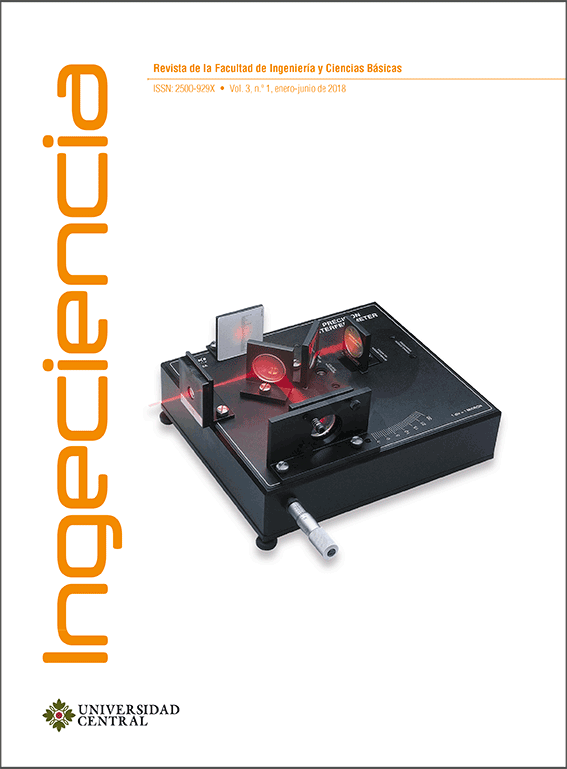Reflexiones sobre licenciamiento ambiental en proyectos de infraestructura vial en Colombia y Ecuador
Contenido principal del artículo
La infraestructura vial es fundamental en el crecimiento de un país, pues permite el avance del desarrollo urbano y rural. En estos proyectos, los Estados colombiano y ecuatoriano aplican un instrumento de planificación territorial ambiental de orden jurídico-técnico denominado licencia ambiental, orientado a prevenir o minimizar los impactos negativos sobre la comunidad, el ambiente y la economía. La obtención de la licencia ambiental está mediada por estudios que permiten evaluar los impactos generados al medio socioeconómico y físico. El proceso de licenciamiento en Colombia presenta dificultades debido a la cambiante legislación y a la necesidad de comprensión técnica sobre los lineamientos generales para la elaboración y ejecución de los estudios de impacto ambiental. Frente a tales deficiencias, este trabajo busca reflexionar sobre el procedimiento de otorgamiento de las licencias, para observar similitudes, diferencias, deficiencias o complementariedades que sirvan como soporte para la formulación de propuestas de fortalecimiento del proceso.



